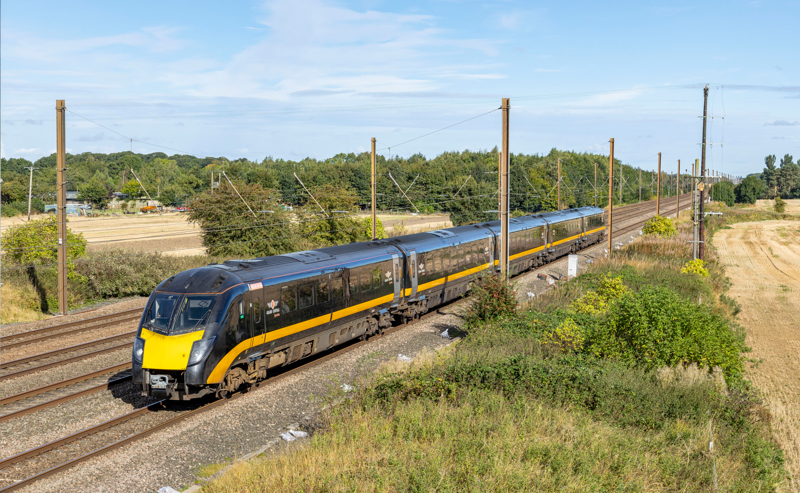
“I think there is a real role for open access, but right now there’s far too much smoke and mirrors about costs and benefits.”
That’s what Network Rail Chief Executive, Sir Andrew Haines, told RAIL Editor Dickon Ross and a Rail Live audience, when one of the industry’s most divisive topics came to the fore.
“We don’t see the full costs. And the benefits we often hear about are only the gross benefits to one entity, not the system-wide net impact,” he said.
“If we have that transparent approach and the spare capacity, and there’s a good business case, then I’m all for it.”
The former Managing Director of FirstGroup’s Rail Division said the idea of Hull Trains not being around in ten years filled him with “horror”, explaining the open access operator had connected the city in a way it hadn’t been since the 1960s.
The Office of Rail and Road has been inundated with open access proposals over the past 18 months.
Currently more than a dozen applications are between the stages of ‘approved but not yet operational’ and ‘submitted to the regulator'.
Haines suggested that some “won’t pass the common sense test”, but he added that there are “some real gems in open access”.
Suggesting that the bar for entries could be raised, he added: “I think it’s right that politicians decide where the bar is because open access will always have an impact on subsidy. It may be a positive one, it may be a negative one, but if we don’t have the conversation rooted in that reality, we're being dishonest.
I think that’s what we need to lift the lid on - what’s the true effect for the taxpayer, alongside the passenger benefits?"
His comments came after a panel discussion about the future of open access during and after rail reform.
Ian Yeowart, Managing Director of Grand Union Trains/Alliance Rail, said open access is still needed, as previously franchised operators are nationalised.
He said: “They have reintroduced services to places long forgotten by the previous public administration. And there’s no reason to believe that anything will be any different under a completely public railway.
“And I think everybody knows in railway terms, when finances get tight with the government, the railway is so far down the important list - that’s when places start to disappear from the network.”
Lorna Derrick, Strategic Growth & Partnerships Director at TXM Consult, added that open access operators are “connecting some of those more socially deprived communities” with cities.
Yeowart also said he thought open access was doing enough to invest in new trains infrastructure, saying Grand Central and Hull Trains contributed to new platforms at Hartlepool and Howden. respectively.
“Why should an open access operator invest all this money in trains and everything else that goes with it, at its own risk, and be seen somehow as being a problem?” he asked.
He also said services such as Lumo were bringing people “who have traditionally been forgotten and left to one side” to the railway, with lower fares.


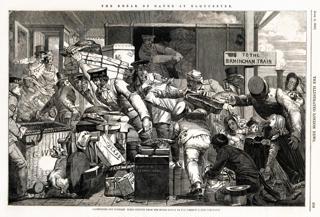
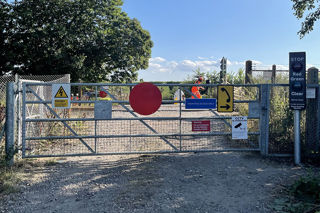
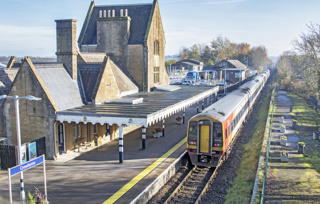
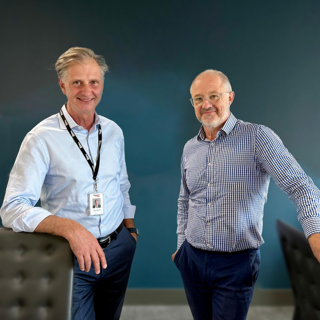











Login to comment
Comments
No comments have been made yet.